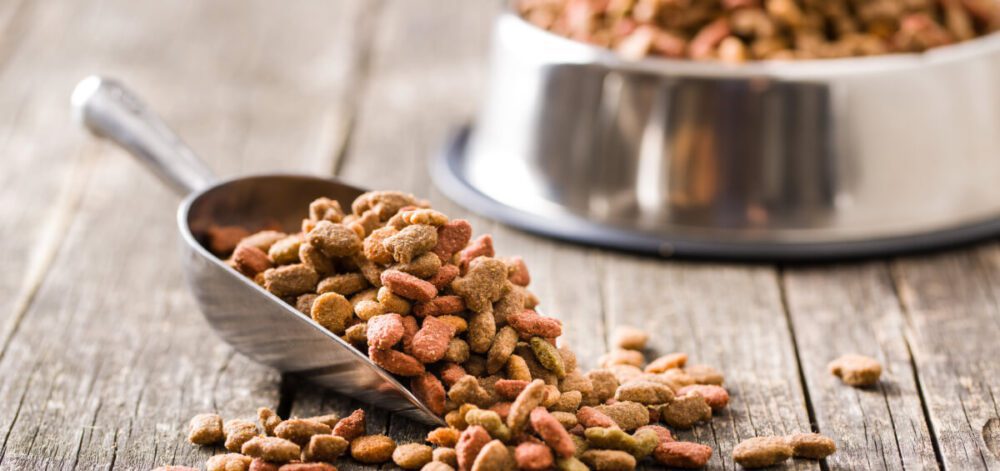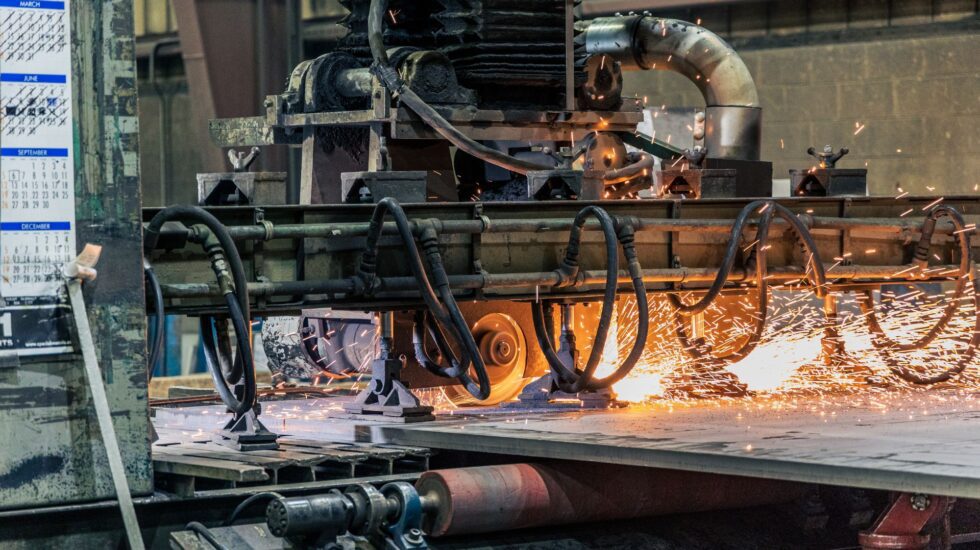Discover How SR&ED Tax Credits Can Enhance Your Dry Pet Food Manufacturing
In the competitive world of dry pet food manufacturing, innovation is key. However, pushing the boundaries often comes with its fair share of technological uncertainties.
For Canadian companies involved in this industry, the Scientific Research & Experimental Development (SR&ED) tax credit program offers a valuable opportunity to recover some of the costs associated with these challenges. Let’s explore how SR&ED can support your dry pet food manufacturing innovations and the types of technological uncertainties that may qualify for these tax credits.
Key Areas of Technological Uncertainty in Dry Pet Food Manufacturing
Ingredient Innovation:
- Technological Uncertainty: Developing new ingredients to enhance nutritional value or address specific health concerns can be complex. The challenge lies in maintaining nutritional stability throughout the manufacturing process.
- SR&ED Activity: Conduct trials and experiments to find the optimal ingredient composition, ensuring stability and effectiveness in the final product.
Production Process Optimization:
- Technological Uncertainty: Improving manufacturing efficiency while enhancing product quality involves overcoming uncertainties. This includes temperature control, moisture content, and extrusion parameters.
- SR&ED Activity: Experiment with different processing methods and equipment to optimize production, addressing challenges and seeking improvements in cost and quality.
Nutrient Bioavailability:
- Technological Uncertainty: Enhancing nutrient bioavailability ensures better absorption and utilization by pets, which can be challenging due to ingredient interactions and processing methods.
- SR&ED Activity: Research the interactions between ingredients and processing methods to improve nutrient delivery and absorption.
Preservation Techniques:
- Technological Uncertainty: Extending the shelf life of dry pet food without compromising nutritional quality requires innovative preservation methods.
- SR&ED Activity: Investigate alternative preservatives and test their effectiveness in different conditions, focusing on oxidation, rancidity, and microbial contamination.
Specialized Diets for Health Conditions:
- Technological Uncertainty: Creating specialized diets for pets with health conditions such as allergies or digestive issues involves understanding specific nutritional requirements and developing unique formulations.
- SR&ED Activity: Research and develop specialized diets, testing their effectiveness in controlled environments to ensure they meet health needs.
Sustainable Packaging:
- Technological Uncertainty: Implementing environmentally friendly packaging materials while maintaining product freshness and sustainability presents its own set of challenges.
- SR&ED Activity: Experiment with innovative packaging materials and processes to optimize environmental impact and product integrity.
Why Documenting Your R&D Efforts is Crucial
To maximize your SR&ED claims, thorough documentation is essential. Keep detailed records of your project plans, experimental results, and the challenges you encounter. This documentation will demonstrate the technological uncertainties you faced and the systematic approach taken to resolve them, which is crucial for a successful SR&ED claim.
Ready to Explore SR&ED Opportunities?
If you’re engaged in innovative dry pet food manufacturing and facing technological uncertainties, the SR&ED tax credit program could significantly benefit your business. To ensure you accurately identify and claim all eligible activities, consulting with an SR&ED expert is highly recommended.
Contact Ayming Canada today to discover how SR&ED credits and funding opportunities can support your R&D efforts and drive your innovation forward.
Contact us today!
One of our experts will be in touch shortly.













No Comments